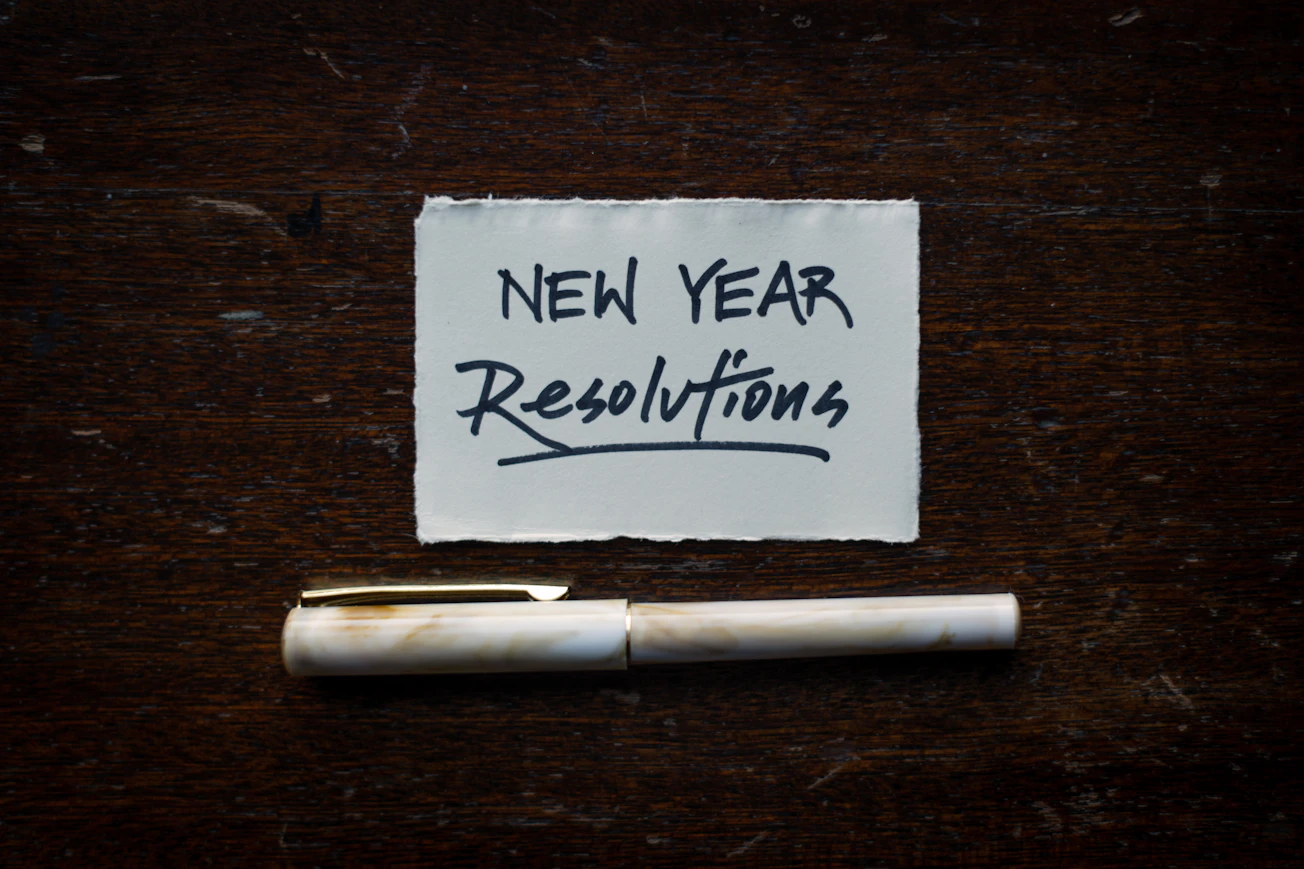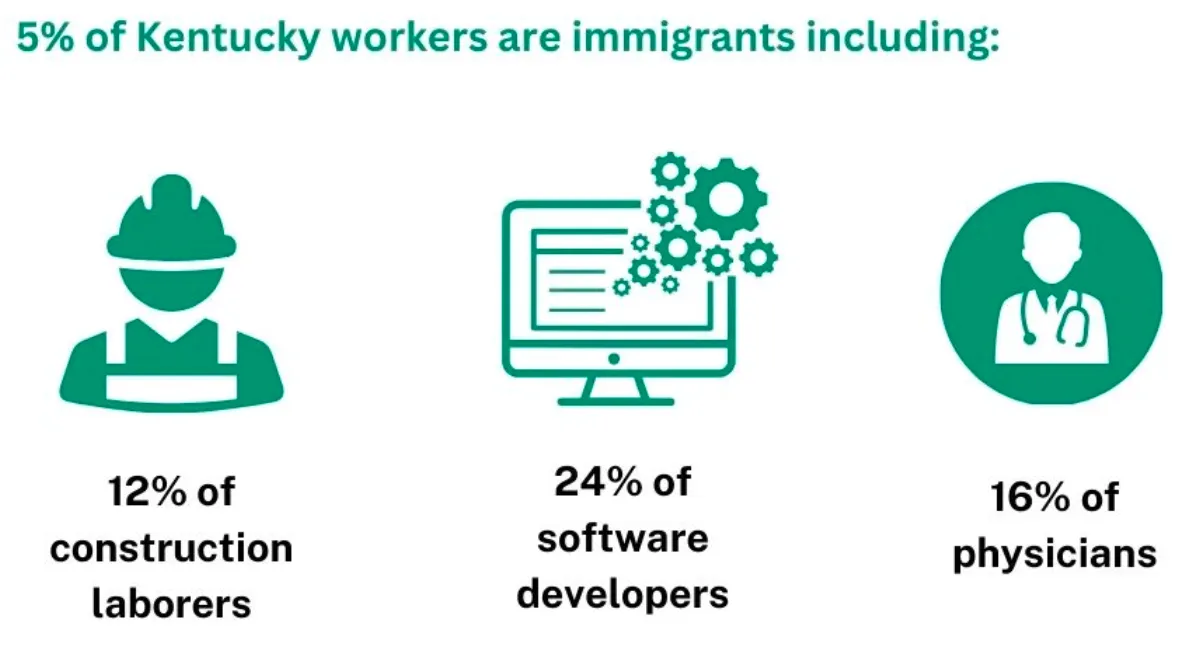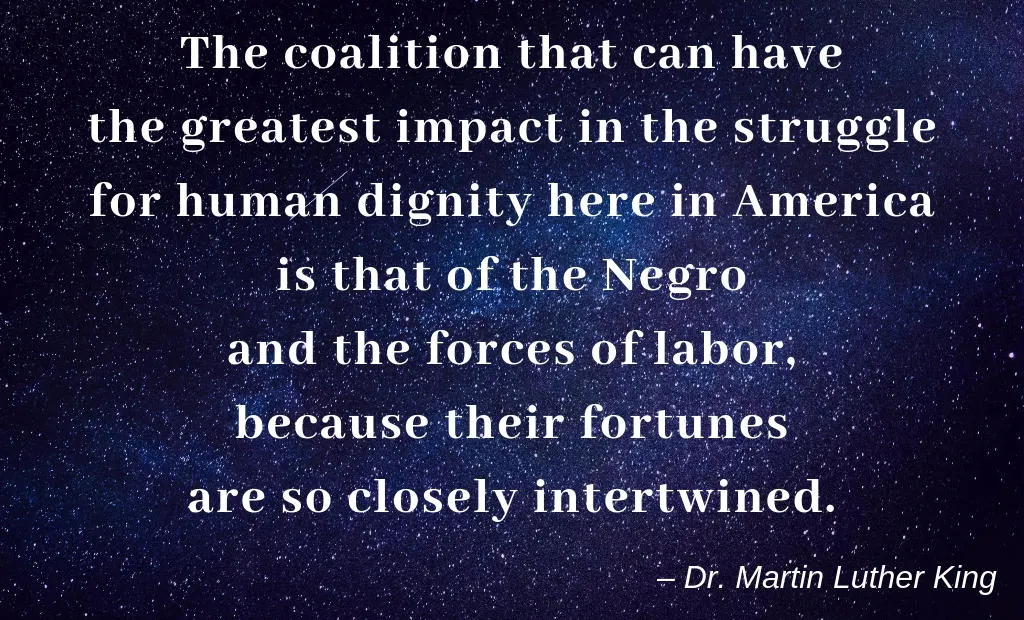Table of Contents
When I was a kid in the ‘60s and ‘70s, self-improvement wasn’t a big thing. Some people smoked, some people drank, and some people even popped pills. People were mostly unconcerned about their diet; they ate whatever they wanted to eat. Few people exercised deliberately. “I won’t run unless something’s chasing me,” was a popular maxim.
During the ‘60s and ‘70s, people were encouraged to “do their own thing,” regardless of that thing’s potentially negative consequences. However, the so-called hippie philosophy also gave rise to the belief that the status quo American lifestyle was oftentimes hurtful and unhealthy. New Age beliefs and practices promoted holistic, healthier lifestyles and, during the ‘80s, a self-help culture and industry emerged.
During the 1990s, Oprah Winfrey took center stage as America’s self-help guru, focusing on literature, self-improvement, mindfulness, and secular, nontraditional spirituality. (And how about that Dr. Phil? He could solve anyone’s problems, could he not?)
Long before Oprah and long before hippies, a chance for self-improvement came around each and every year in the form of New Year’s resolutions. The ancient Babylonians are credited with making the first New Year’s resolutions, promising their gods that they would repay loans and return whatever they had borrowed. If they failed to keep these promises, the gods would be angry and possibly wrathful.
In 46 B.C., Julius Caesar created a calendar that established January 1 as the beginning of the New Year. January was named for the Roman god, Janus. Romans made sacrifices to Janus and promised good behavior for the upcoming year.
In 1740, the founder of the Methodist Church, John Wesley, created the Covenant Renewal Service that’s held on New Year’s Eve or New Year’s Day. Sometimes called watch night services, people pray, sing hymns, and make resolutions for the New Year. (It’s a sober alternative to traditional merrymaking.)
Even today, about 45% of Americans make a New Year’s resolution every year. According to Statista, the most popular New Year’s resolutions are exercising more and improving fitness (50% of participants), losing weight (48%), saving money (44%), and improving diet (39%).
Only 8% of Americans who make New Year’s resolutions are successful. Why is the failure rate so high?
In “The myth of self-control” in Vox (11/24/2016), Brian Resnick writes: “Psychologists say using willpower to achieve goals is overhyped. Here’s what actually works.”
“As the Bible tells it, the first crime committed was a lapse of self-control. Eve was forbidden from tasting the fruit on the tree of knowledge. But the temptation was too much . . .
“Modern-day psychologists might not blame Eve for her errant ways at all. Because what’s true today was also true at the beginning of time (regardless of what story you believe in): Human beings are horrible at resisting temptation.
“‘Effortful restraint, where you are fighting yourself — the benefits of that are overhyped,’ Kentaro Fujita, a psychologist who studies self-control at Ohio State University, says.
“Indeed, studies have found that trying to teach people to resist temptation only has short-term gains or can be an outright failure. ‘We don’t seem to be all that good at [self-control],’ Brian Galla, a psychologist at the University of Pittsburgh, says.
“The implications of this are huge: If we accept that brute willpower doesn’t work, we can feel less bad about ourselves when we succumb to temptation. And we might also be able to refocus our efforts on solving problems like obesity. A recent national survey from the University of Chicago finds that 75% of Americans say a lack of willpower is a barrier to weight loss. And yet the emerging scientific consensus is that the obesity crisis is the result of a number of factors, including genes and the food environment — and, crucially, not a lack of willpower.”
For many years, my New Year’s resolution was to stop smoking, (and/or to quit drinking). Sometimes I quit for a week, sometimes two. I was always miserable; always it was a negative experience; always I knew that eventually I’d fail.
Whenever I stopped smoking (and/or drinking), the desire for a cigarette (or a drink) was all-consuming. It was all I could think about. In a big way, it defined me. If someone asked me, “How are you doing? What have you been up to lately?” An honest reply would be, “I’m miserable – because I’m notsmoking.”
I was raised Catholic. I attended Catholic schools for 10 years. Lent is a 40-day season of fasting and prayer that prepares the faithful for Easter. Catholics are expected to give up something they love during Lent. Called a Lenten sacrifice, it typically involves abstaining from meat, or candy, or soft drinks, or alcoholic beverages.
I always got the impression that it was supposed to be unpleasant. That was the whole point of Lenten sacrifice – suffering and pain. If it didn’t make you suffer, it wasn’t a worthy sacrifice. (I usually gave up candy for Lent, but then I amended that to certain kinds of candy. For example, I would abstain from Mars brand candy, but not Hershey.) If Jesus could bear a flogging, a crown of thorns, and crucifixion, then we could bear the misery of going without candy, or whatever, for 40 days.
Buddhism teaches the 4 Noble Truths: the truth of suffering, the truth of the cause of suffering, the truth of the end of suffering, and the truth of the path that leads to the end of suffering. In a nutshell, suffering exists; it has a cause; it has an end; and it has a cause to bring about its end.
So, the first thing we must do is accept the simple and undeniable fact that there is pain and suffering in life – but we are not condemned to suffer. The Noble Eightfold Path consists of 8 specific practices that can end our suffering.
The first is Right View: Don’t look at things in life, including people, as good or bad. In other words: Don’t judge. Don’t evaluate, approve, or condemn other people – and don’t let other people judge you. In Christian terms: “Judge not, that you be not judged.”
The second step on the Noble Eightfold Path is Right Resolve. Let’s look at this in the context of physical fitness and weight loss. If we want to be slim and sexy to get more Likes on Facebook, that desire for praise will fail us in the end. Instead we should seek a noble purpose in our goals. We should get in shape and lose weight to become healthier people – not because we seek praise or admiration.
According to British journalist Will Storr, “The desire to achieve and to demonstrate perfection is not simply stressful; it can also be fatal.” Storr claims rising suicide rates are the result of our obsession with perfection. Adolescent girls are increasingly unhappy with their bodies, studies show.
Perhaps the best ever New Year’s resolution is no resolution at all. Or, if we must have one, let’s resolve to simply love ourselves – to not judge ourselves and others – for one year. Not to seek perfection – but to take the first step on the Noble Eightfold Path.
--30--








